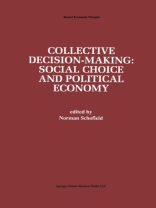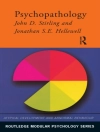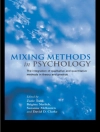In the last decade the techniques of social choice theory, game theory and positive political theory have been combined in interesting ways so as to pro- vide a common framework for analyzing the behavior of a developed political economy. Social choice theory itself grew out of the innovative attempts by Ken- neth Arrow (1951) and Duncan Black (1948, 1958) to extend the range of economic theory in order to deal with collective decision-making over public goods. Later work, by William Baumol (1952), and James Buchanan and Gordon Tullock (1962), focussed on providing an "economic" interpretation of democratic institutions. In the same period Anthony Downs (1957) sought to model representative democracy and elections while William Riker (1962) made use of work in cooperative game theory (by John von Neumann and Oscar Morgenstern, 1944) to study coalition behavior. In my view, these "rational choice" analyses of collective decision-making have their antecedents in the arguments of Adam Smith (1759, 1776), James Madison (1787) and the Marquis de Condorcet (1785) about the "design" of political institutions. In the introductory chapter to this volume I briefly describe how some of the current normative and positive aspects of social choice date back to these earlier writers.
Norman Schofield
Collective Decision-Making: [PDF ebook]
Social Choice and Political Economy
Collective Decision-Making: [PDF ebook]
Social Choice and Political Economy
Cumpărați această carte electronică și primiți încă 1 GRATUIT!
Limba Engleză ● Format PDF ● ISBN 9789401587679 ● Editor Norman Schofield ● Editura Springer Netherlands ● Publicat 2013 ● Descărcabil 3 ori ● Valută EUR ● ID 4596660 ● Protecție împotriva copiilor Adobe DRM
Necesită un cititor de ebook capabil de DRM












